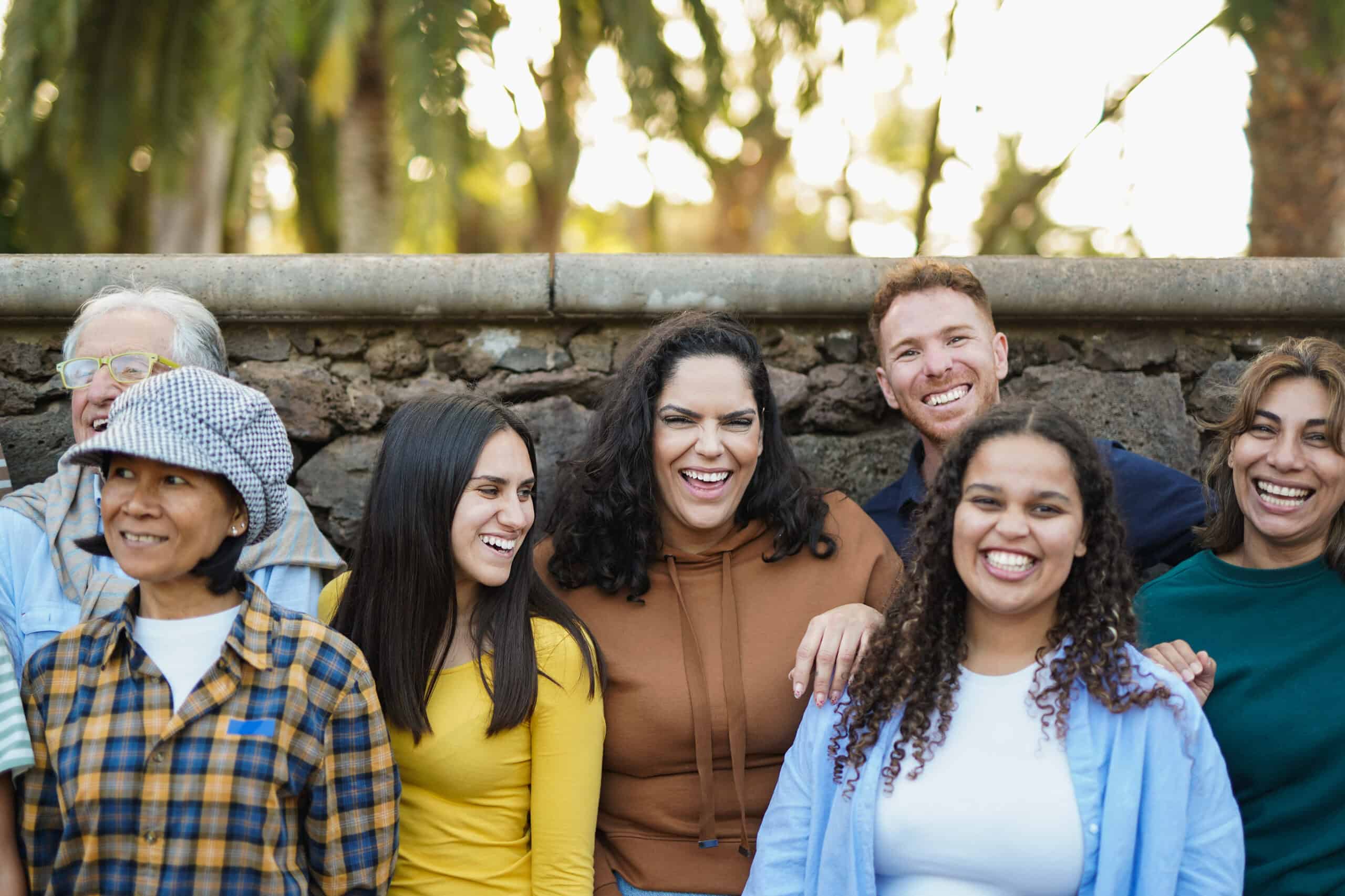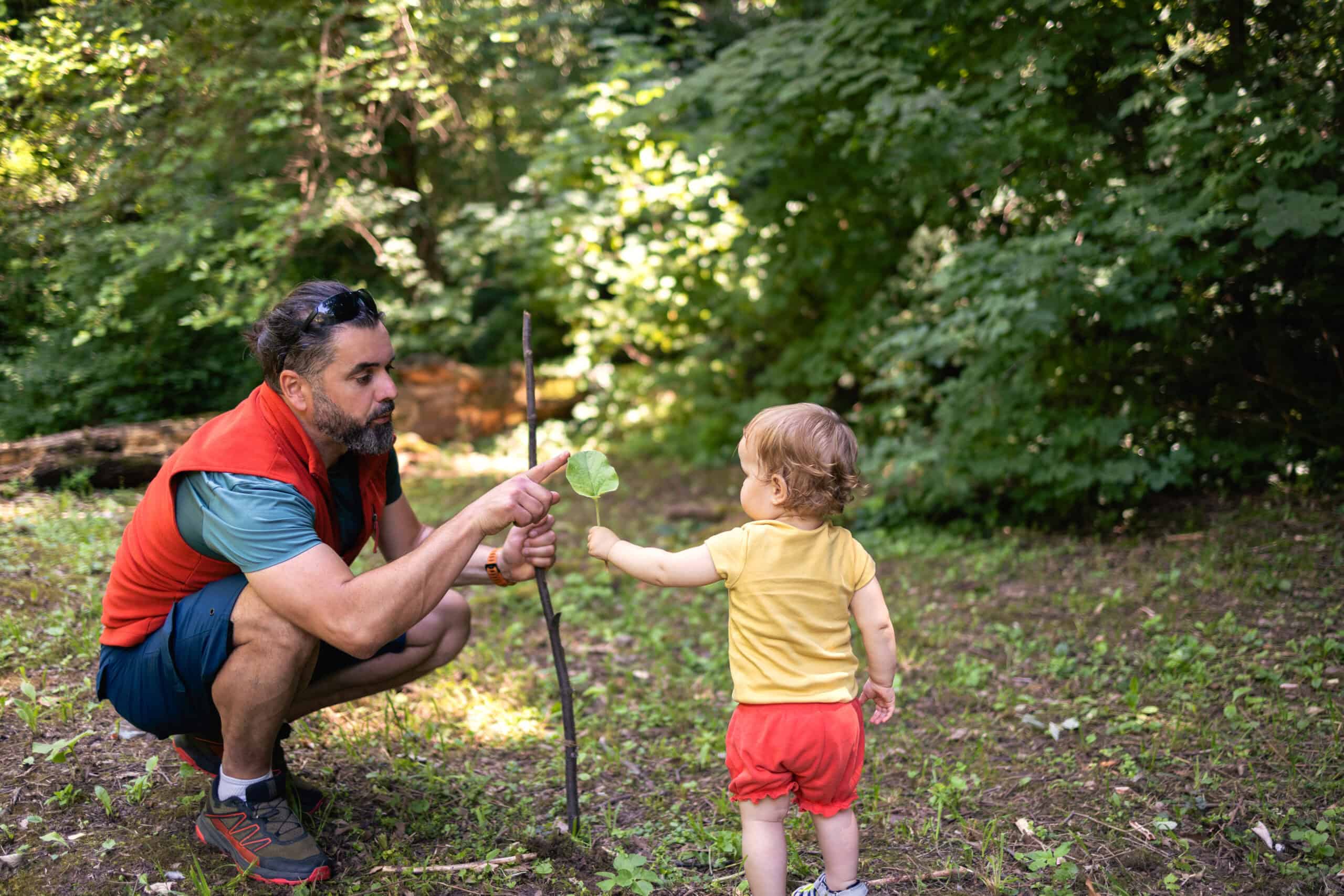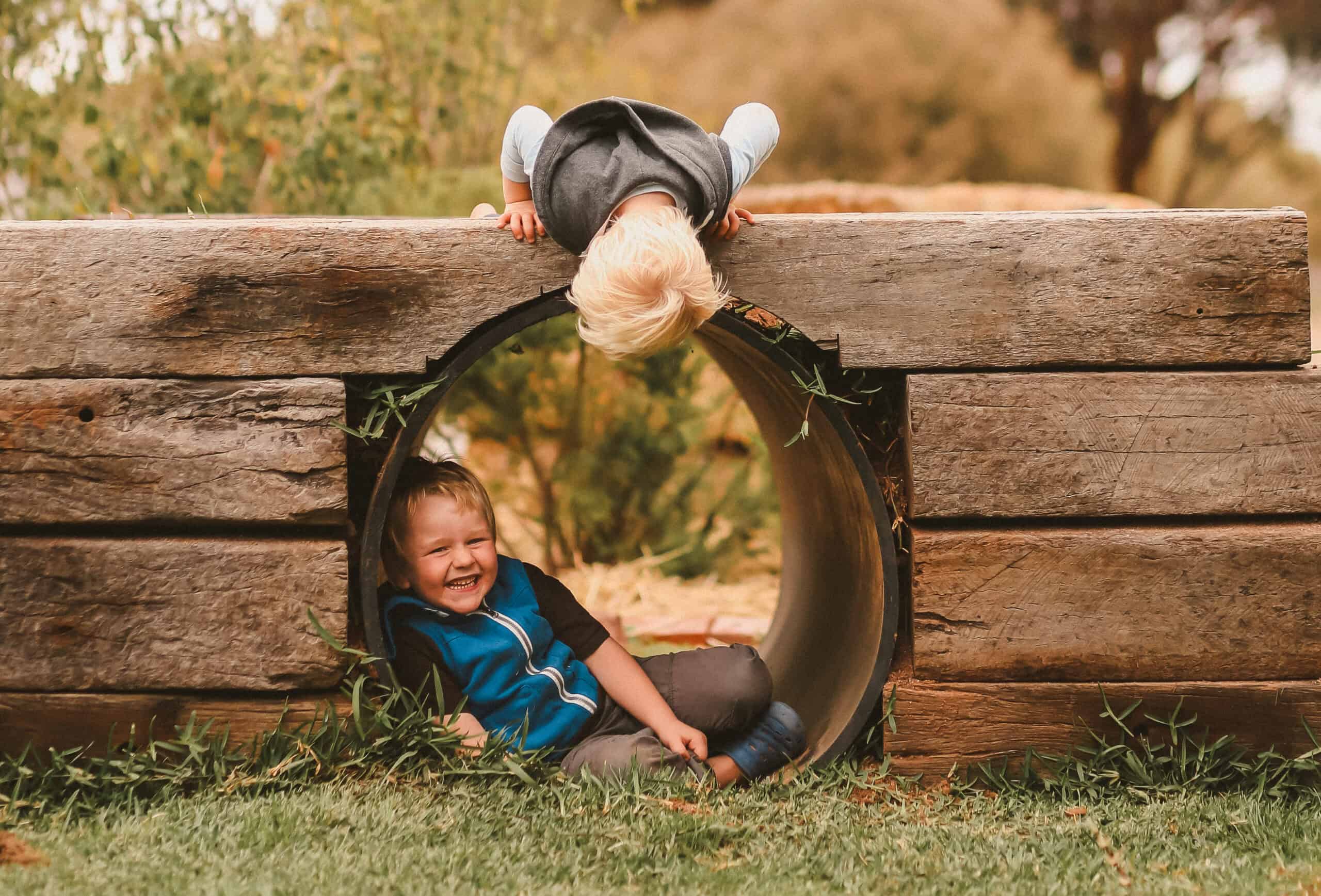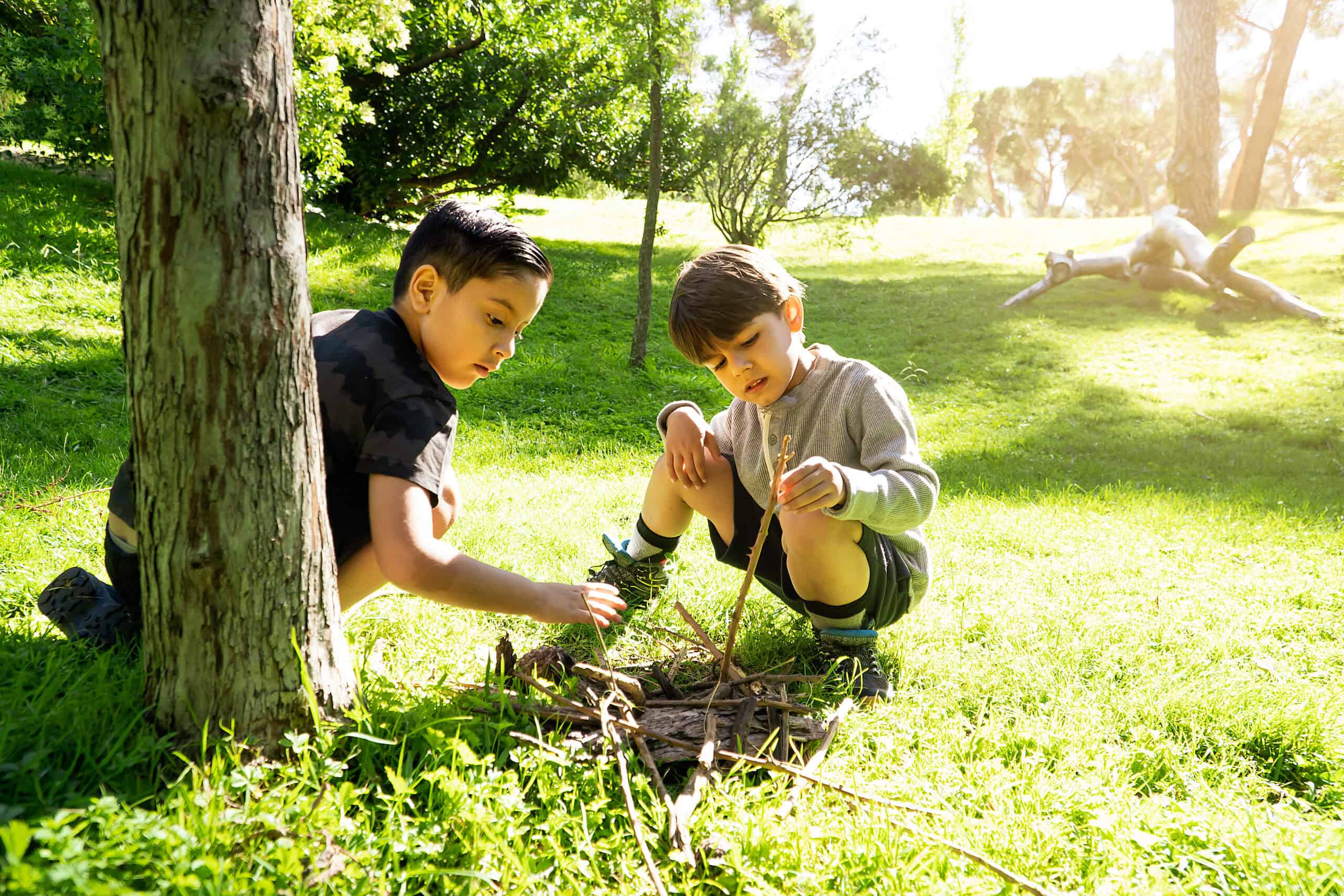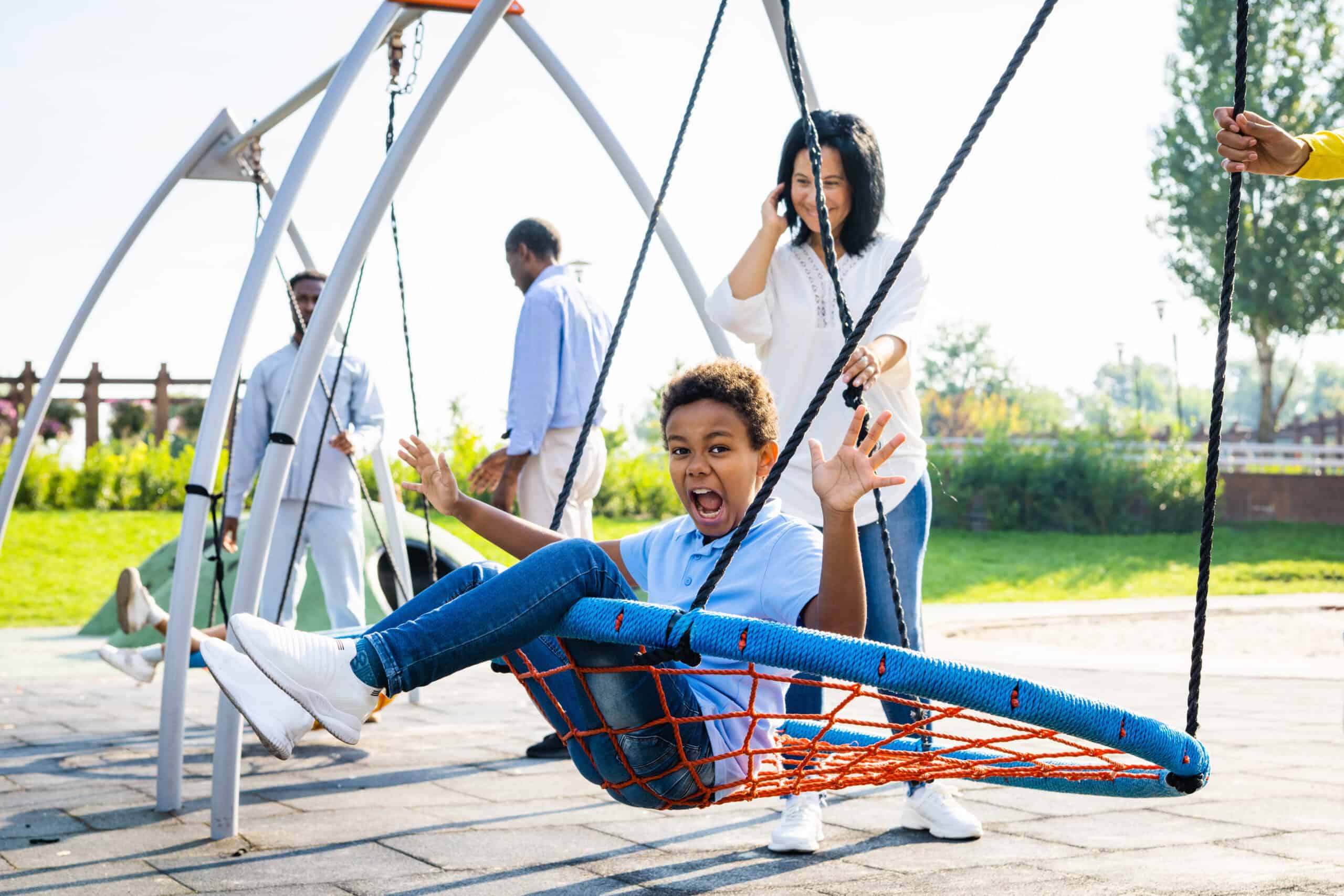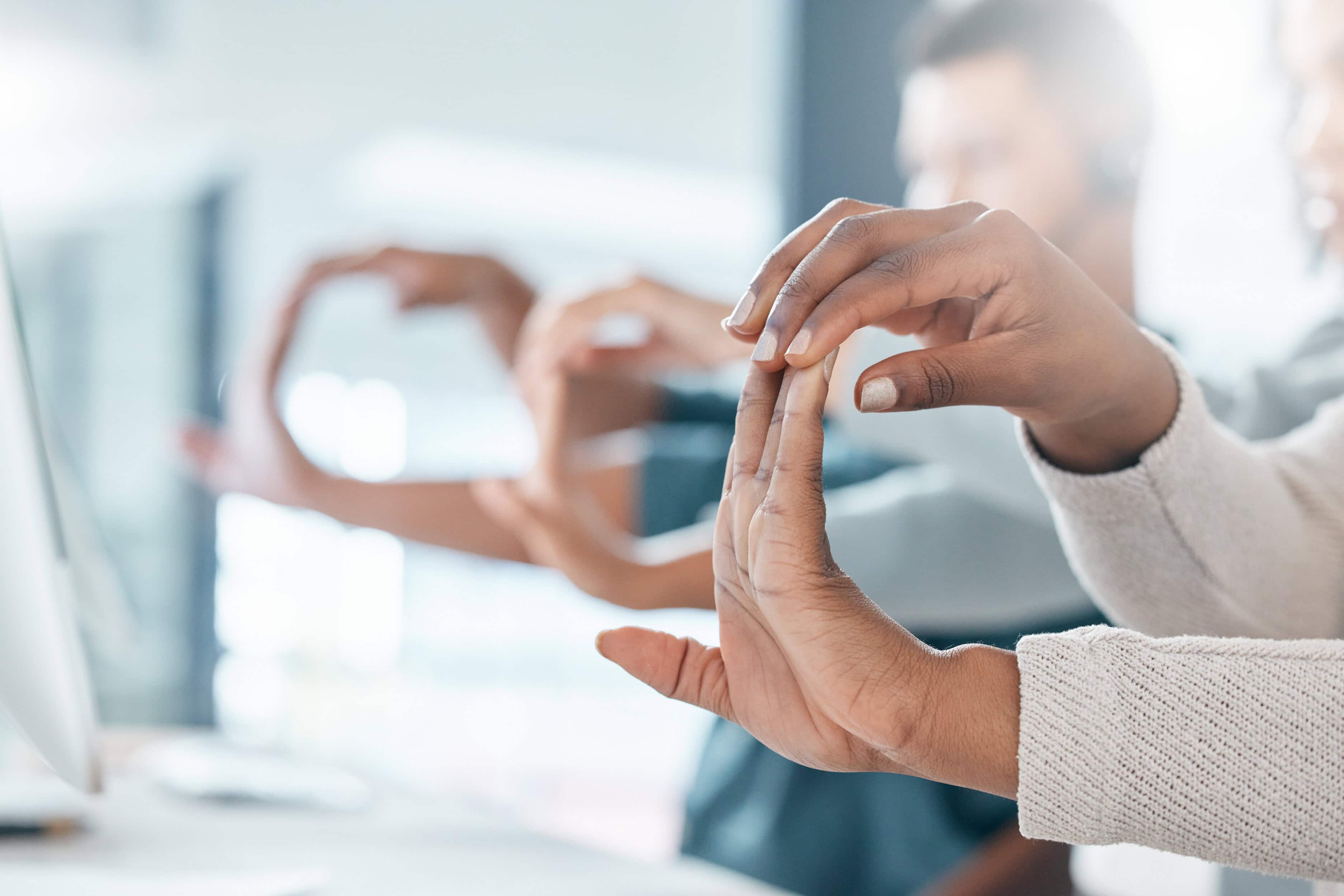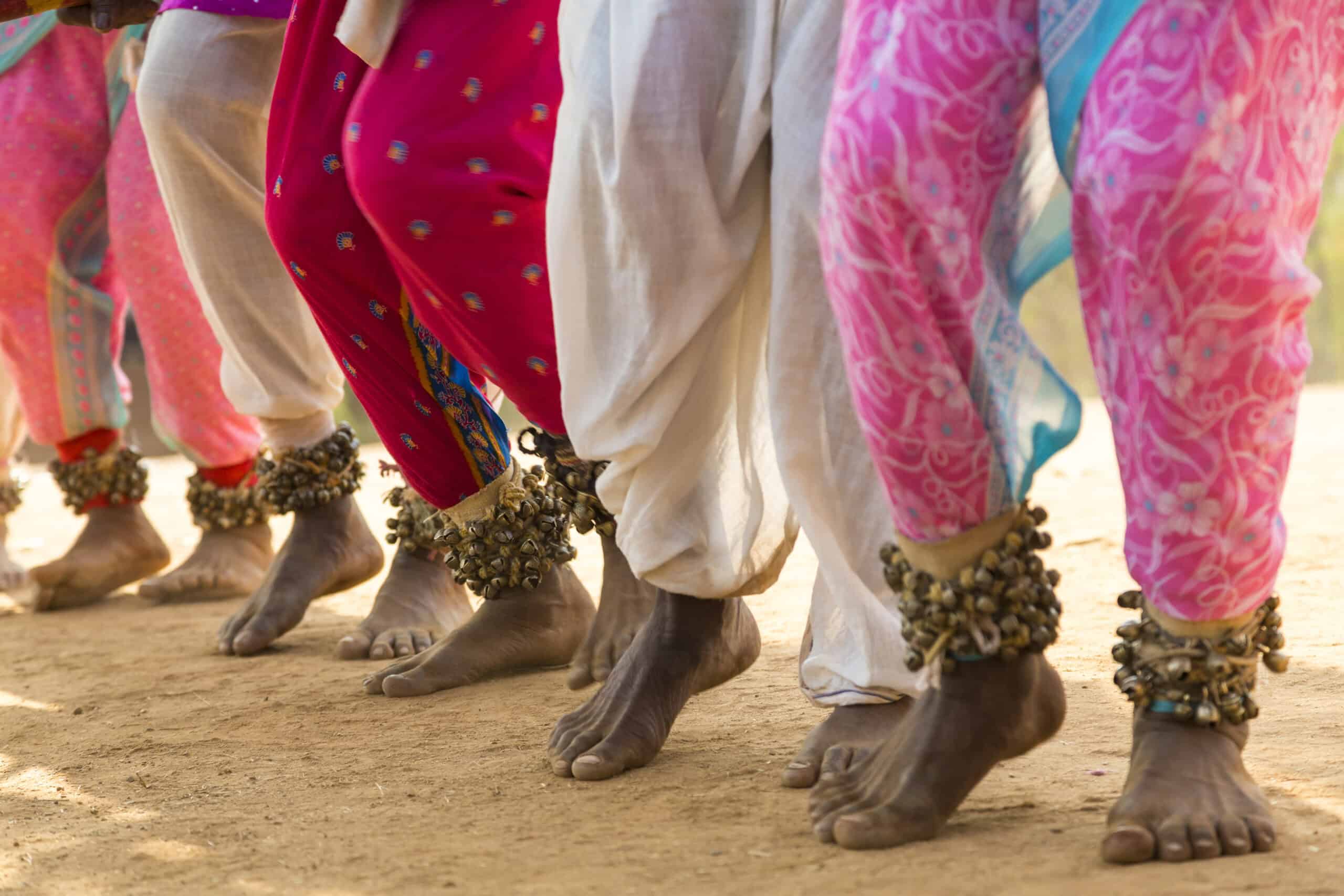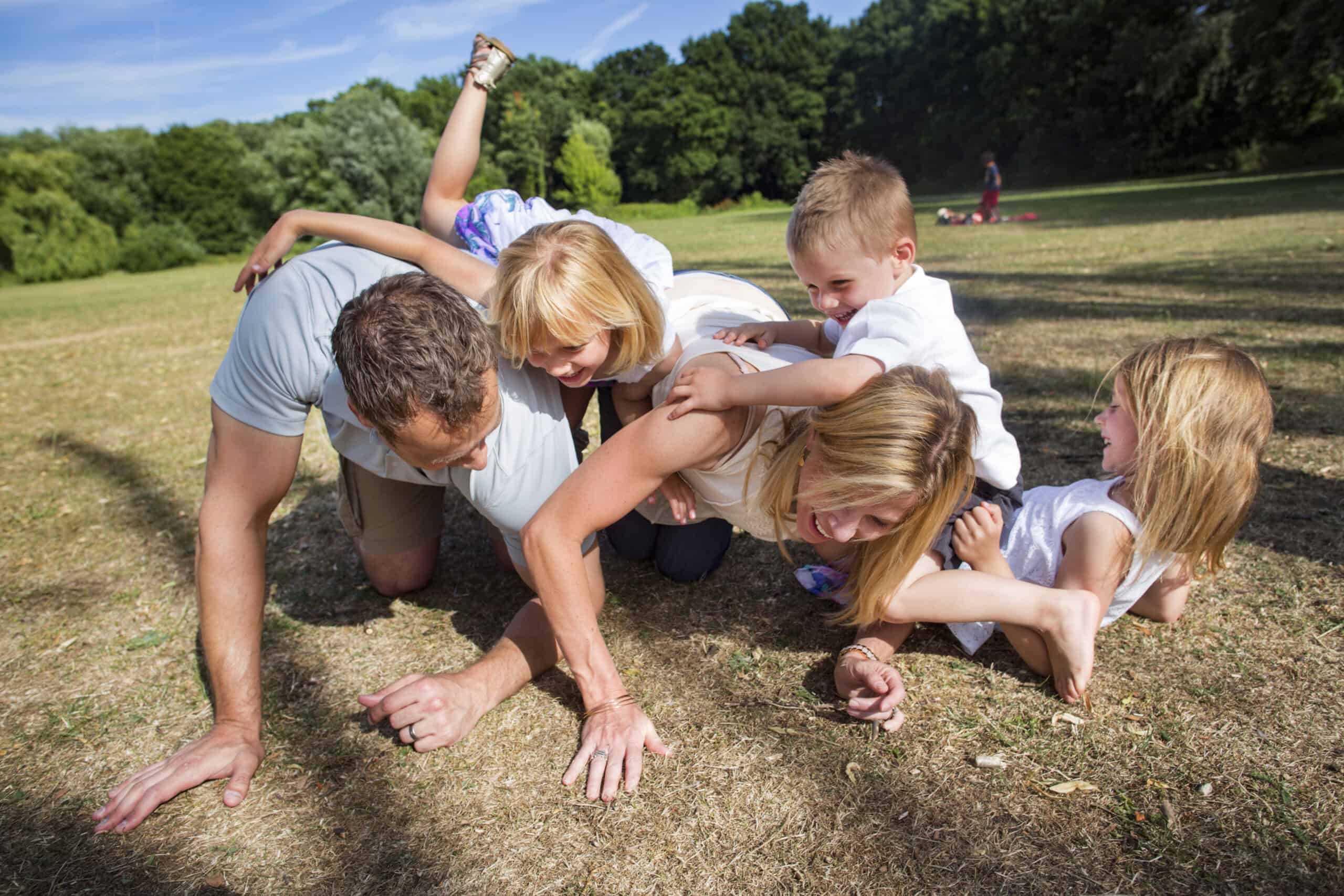Level: 4. Community
Community represents the concept of the “collective,” centring on networks of belonging and shared purpose. It is the living system of the Thriving Community, advancing interpersonal, collective, and civic wellbeing. Diversity is integral here, as communities flourish when differences are celebrated and inclusivity is prioritised. Nested within organisations and regions, Community perspectives highlight the value of collaboration, cultural richness, and social engagement, creating vibrant, interconnected ecosystems.
-
Building Better Brains: How Play Strengthens Executive Function in Children
Have you ever wondered why some kids seem more focused, organised, or able to stay calm under pressure? Executive functioning has become a popularised brain word. What exactly is executive functioning? It is the brain’s way of processing information while regulating the self. It involves our working memory, planning, self-monitoring, time management, self-control and organisation.…
-
Moving Minds: How Movement and Productivity Intersect to Transform Modern Work
Have you ever noticed your best ideas come when you’re walking – not sitting at your desk? Movement and Productivity Connection That’s not a coincidence. Movement and productivity are deeply connected. Productivity is too often equated with stillness – think motionless bodies hunched over keyboards, eyes fixed on screens, and chairs that mould to the…

